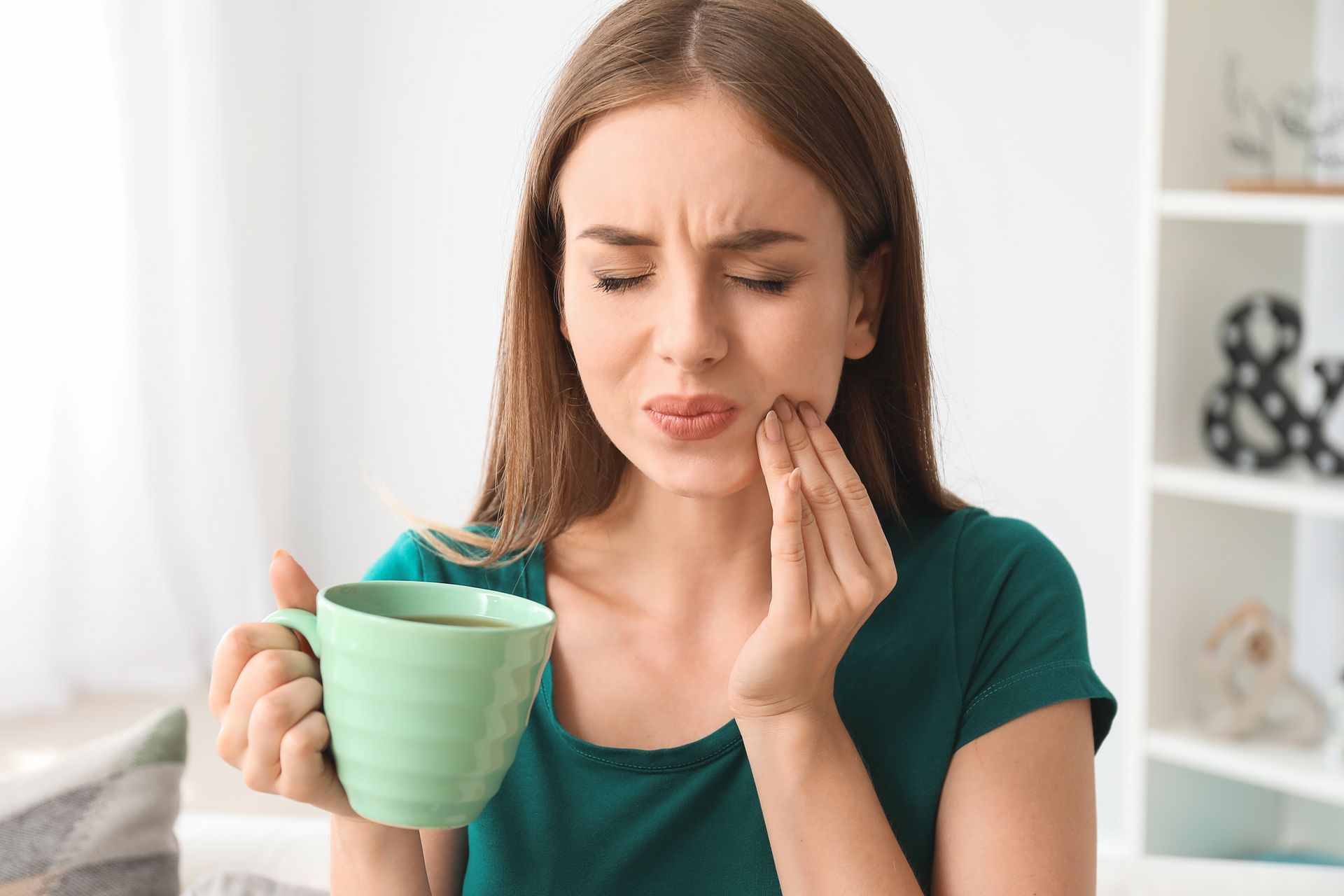How to Protect Your Smile While Playing Sports
Playing sports is a great way to stay active and have fun, but it's important to remember that protecting your smile is part of the game. No matter the sport, accidents can happen, so using the right protective gear is essential. Strong, healthy teeth mean you can enjoy your favorite activities without worries.
By being prepared with the right equipment, you can focus on playing your best and keeping your smile safe. Understanding how to maintain your gear properly ensures it stays effective, letting you enjoy sports with peace of mind.
Importance of Mouthguards
Mouthguards play a crucial role in protecting your teeth while playing sports. They provide a cushion that absorbs impact, preventing injuries to your teeth, gums, and jaw. When you're active, unexpected hits can happen, especially in contact sports. A well-fitted mouthguard shields your smile from damage, reducing the risk of cracked teeth, broken jaws, and even concussions.
There are a few types of mouthguards to consider, each offering different benefits. Stock mouthguards are pre-formed and ready to wear but often lack the comfort and fit for adequate protection. Boil-and-bite mouthguards, on the other hand, can be softened in hot water and molded to your teeth for a customized fit, offering better protection than stock options.
Custom-fitted mouthguards, typically crafted by dental professionals, offer the best protection and comfort. They're tailored to fit your unique dental structure and provide superior cushioning against impacts. Although they might be a bit more expensive, their protection and comfort are worth the investment. Regardless of your type, wearing a mouthguard on the field or court is essential in keeping your teeth safe.
Choosing the Right Mouthguard
Selecting the right mouthguard ensures your teeth are well-protected during sports activities. Here are some factors to consider when choosing a mouthguard:
1. Fit and Comfort
The mouthguard should fit snugly and comfortably in your mouth. It should cover your teeth and gums without restricting your ability to talk or breathe easily.
2. Durability
Look for a mouthguard made from strong materials that can withstand repeated impacts. Durability is key for ensuring your mouthguard provides lasting protection.
3. Type of Sport
Different sports require different mouth protection. Consider the level of contact in your sport and choose a mouthguard that offers the best protection for that situation.
4. Customization
Custom-fitted mouthguards from a dentist provide the best fit and protection. Tailoring the mouthguard to your teeth gives you personalized comfort and effective shielding.
Custom-fitted mouthguards are often preferred because they precisely fit your mouth. Unlike over-the-counter options, custom mouthguards consider your unique dental structure, offering better security and less chance of shifting around during play. Although they may cost more upfront, their superior fit and protection make them a worthwhile investment for dental safety. Choosing wisely ensures you have the best defense for your smile every time you play.
Additional Protective Gear
While mouthguards are essential for dental protection, other equipment can further safeguard your mouth and face when engaging in sports. Helmets and face shields are crucial in high-impact sports like football, hockey, and lacrosse. These sports involve fast movements and physical contact, making additional protection necessary to prevent injuries.
Helmets are designed to absorb shocks and protect the head, reducing the risk of concussions and facial injuries. A snug-fitting helmet protects the head and minimizes harm to the jaw and teeth. Face shields attach to helmets and serve as a barrier against flying objects or elbows during intense play, adding another layer of safety for the face and teeth.
Using a face guard can benefit sports such as basketball or wrestling, where impact is a risk, but helmets aren’t typically worn. Face guards help prevent injuries like broken noses or facial lacerations. Ensuring your protective gear fits well and is in good condition maximizes its effectiveness in guarding your smile against potential dangers.
Maintaining Your Mouthguard
Proper care of your mouthguard is essential for keeping it effective and hygienic. Here are some tips on how to maintain your mouthguard:
1. Rinse Before and After Use
Always rinse your mouthguard with cool water before and after each use to remove debris or bacteria.
2. Clean Regularly
Use a toothbrush and non-abrasive toothpaste to clean your mouthguard gently. For a deeper clean, soak it in a mouthwash solution.
3. Dry Completely
Allow your mouthguard to air dry completely before storing it. This prevents the growth of bacteria and mold.
4. Proper Storage
Store it in a ventilated case to protect it from damage and contamination. Avoid exposing your mouthguard to direct sunlight or high temperatures that could warp its shape.
Mouthguards should be replaced regularly to ensure they continue to provide proper protection. Over time, they can wear down or become misshapen, reducing their effectiveness and comfort. If you notice any tears or changes in fit, it's time for a new one. Keeping your mouthguard in good condition helps maintain dental safety on the field.
Conclusion
Playing sports should be about having fun and staying active, not worrying about dental injuries. You can confidently enjoy your favorite activities by understanding how to protect your smile with the right equipment. Mouthguards, supported by additional protective gear like helmets and face shields, provide comprehensive protection. Regularly maintaining your mouthguard will keep it effective, securing your teeth against unexpected impacts.
Don't let concerns about dental protection keep you from playing the sports you love. Visit Aria Dental of Annapolis to discuss how our family-oriented
dental care in Annapolis can help keep your smile safe. Whether you need a custom-fitted mouthguard or advice on the best protective equipment, we're here to ensure you have everything you need to protect your smile on the field.



Share This Post

